WASHINGTON, D.C. – When 18-year-old Marek Deca arrived in the nation’s capital earlier this month for his freshman year at Howard University, he expected the normal anxieties of college life: classes, making friends, adjusting to a new city. What he didn’t expect was to feel nervous about the large federal police presence patrolling the streets near his campus.
Deca says he and other students are hesitant to enjoy their new surroundings because of the heightened policing.
“We’re young, we want to go outside, we want to have fun in a new area,” he said. “And we’re afraid to go out because we’re afraid, one wrong step, one wrong move, off the crosswalk and I’m getting flagged down for something.”
That fear was amplified after President Donald Trump announced Monday that he was sending in the National Guard and assuming control of the Metropolitan Police Department (MPD).
A Legal Battle Over Control
D.C. officials quickly pushed back. On Friday, Attorney General Brian Schwalb filed a lawsuit challenging what he called an “unlawful federal takeover” of the city’s police force.
The Justice Department, facing pressure from a federal judge, later withdrew its attempt to install an “emergency police chief.” For now, D.C.’s police chief will remain in charge of the MPD.
Still, the announcement created confusion and unease across the city, especially among young residents.
Federal Rhetoric Targets Youth
At the press conference unveiling the move, President Trump described “roving mobs of wild youth.” U.S. Attorney for D.C. Jeanine Pirro echoed the sentiment, referring to teens as “young punks” while pushing for harsher penalties.
But conversations with teenagers across the city paint a different picture. Many say it is not local crime that frightens them most—it is the growing presence of federal officers.
“When I found out, I was worried,” said Kenneth, a 16-year-old from Southeast D.C., where crime rates are higher than average. “Now you gotta worry about what might happen.”
Like other minors interviewed, Kenneth’s last name is withheld out of concern for retaliation.
Distrust of Federal Officers
Some teens say they initially supported more policing, but their views changed once federal agents began patrolling.
“I understand public safety is important, but they look more like they’re bullying us than being our community guardians,” said Ali, another 16-year-old. “It’s hard not to feel intimidated. And it also made me think a lot about what real safety means and whether it comes from trust or from force and fear.”
Makayla, also 16 and from Southeast, admitted that some young people do cause trouble, but she believes the heavy-handed response punishes everyone.
“As a teenager, you want to go out and enjoy yourself,” she said. “But all y’all want to do is fight, and now we’re all being treated like criminals.”
Crime Trends in the District
The District did experience a violent crime spike in 2023, with youth crime contributing to the rise. However, recent statistics show that both overall violent crime and youth-related offenses have been trending downward.
Experts say these declines call into question the need for drastic federal intervention.
Concerns From Legal Experts
Kristin Henning, director of the Juvenile Justice Clinic and Initiative at Georgetown Law, argues that the crackdown unfairly targets young Black residents.
“We’re punishing the whole of Black youth in our city for the mistakes or misdeeds of a very, very small percentage of young people,” Henning said.
Her clinic has already received calls from teens reporting troubling encounters. One girl said she was handcuffed after being mistaken for someone else before eventually being released.
“Whether that officer was responding to this new executive order, it does not matter,” Henning explained. “From her perspective, that’s what it feels like.”
A 2022 study by the D.C. Criminal Justice Coordinating Council found that justice-involved youth were far more likely to experience homelessness, abuse, missed schooling, and exposure to gun violence—all factors tied to trauma.
Addressing Root Causes
Community leaders stress that true public safety requires investment in basic needs rather than aggressive policing.
Naïké Savain, co-executive director of the Black Swan Academy, which runs civic programming for Black youth, believes violent crime should be approached like a public health problem.
“The response is rarely, ‘What caused this? How can we change the conditions under which this person or these people made this choice?’” Savain said.
Research shows that improving housing, access to food, employment opportunities, and mental health care is more effective in reducing violence than flooding neighborhoods with law enforcement.
Voices From the Neighborhoods
For Tyela, a 17-year-old high school senior, the issues in her community stem from a lack of support systems.
“They would not be out here shooting people or in beef if they had somewhere to go,” she said. “People need mental health care, housing, recreation centers. That’s what’s missing.”
While she normally would want to protest Trump’s federal police action, she admits she now feels hesitant.
“After all of these things are going on, it’s like, how is it going to change? How is the way that I advocate for myself going to change? Am I still going to be able to do it as much?” she asked.
Her uncertainty captures a wider mood among young Washingtonians—caught between wanting to speak out and fearing the consequences of doing so under the federal government’s watch.
The Bigger Picture
D.C. is not the only city under scrutiny. Mayors from Baltimore, New York, Oakland, Los Angeles, and Chicago have criticized Trump’s threats to impose similar federal interventions in their jurisdictions.
They argue that such moves undermine local control and worsen tensions between law enforcement and residents.
Conclusion
For many of Washington’s young people, the federal takeover of the Metropolitan Police Department has created a climate of fear rather than safety. While federal officials describe the move as necessary to restore order, teenagers interviewed say the presence of unfamiliar officers makes them feel like suspects in their own neighborhoods.
As crime rates fall and legal challenges unfold, the debate highlights a deeper question: Should safety come from police crackdowns or from investments in housing, education, and mental health?
For now, youth like Deca, Kenneth, Ali, Makayla, and Tyela are left navigating a city where federal power has reshaped their daily lives—and where their sense of belonging feels increasingly uncertain.

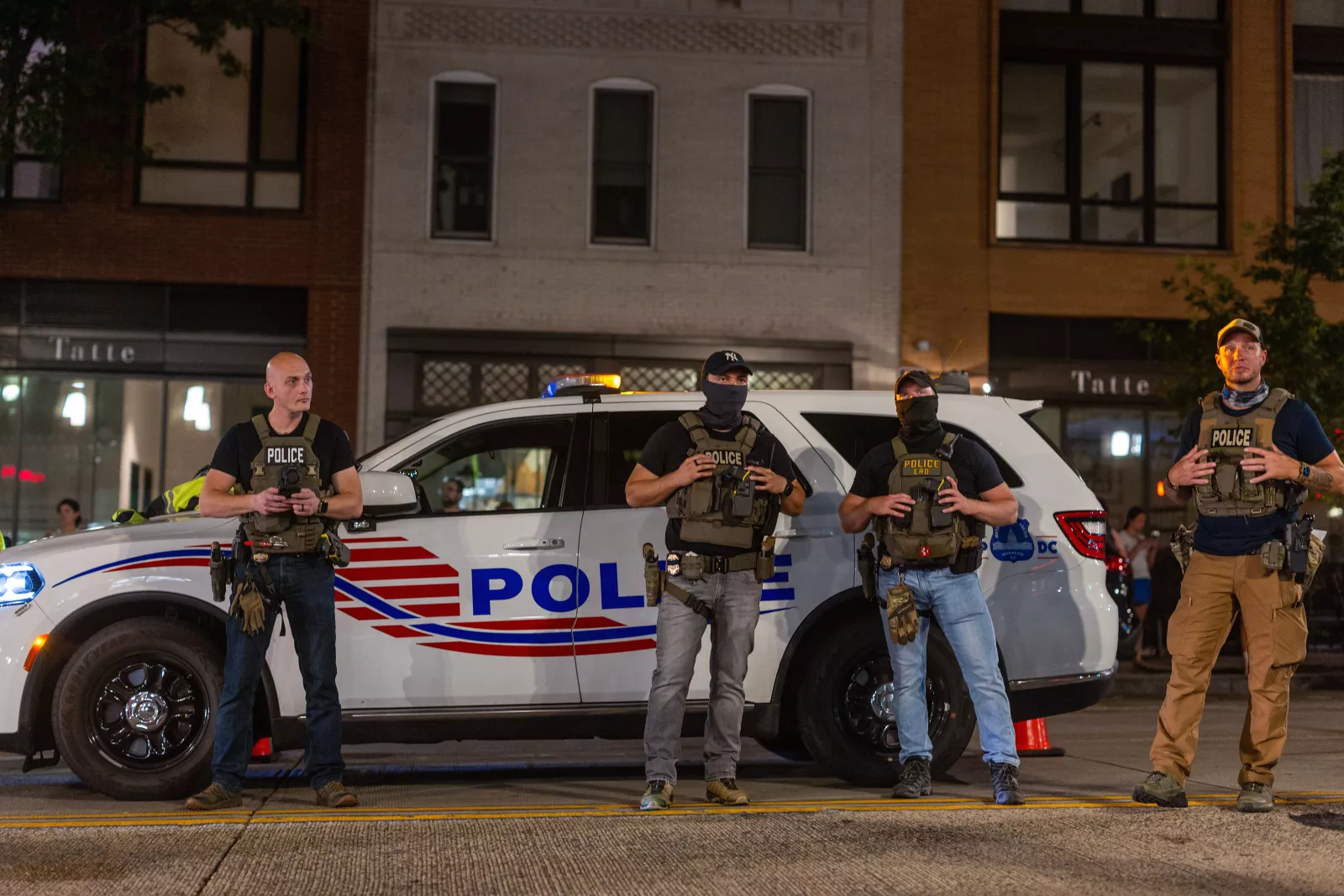
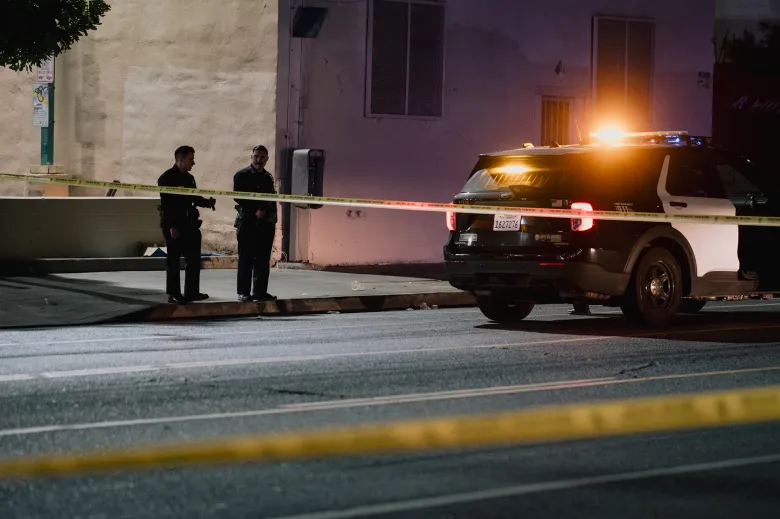
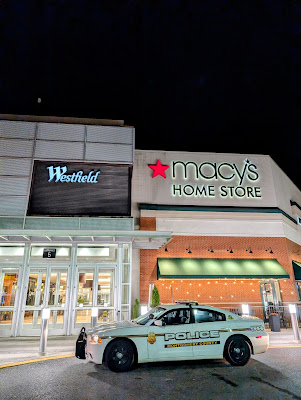
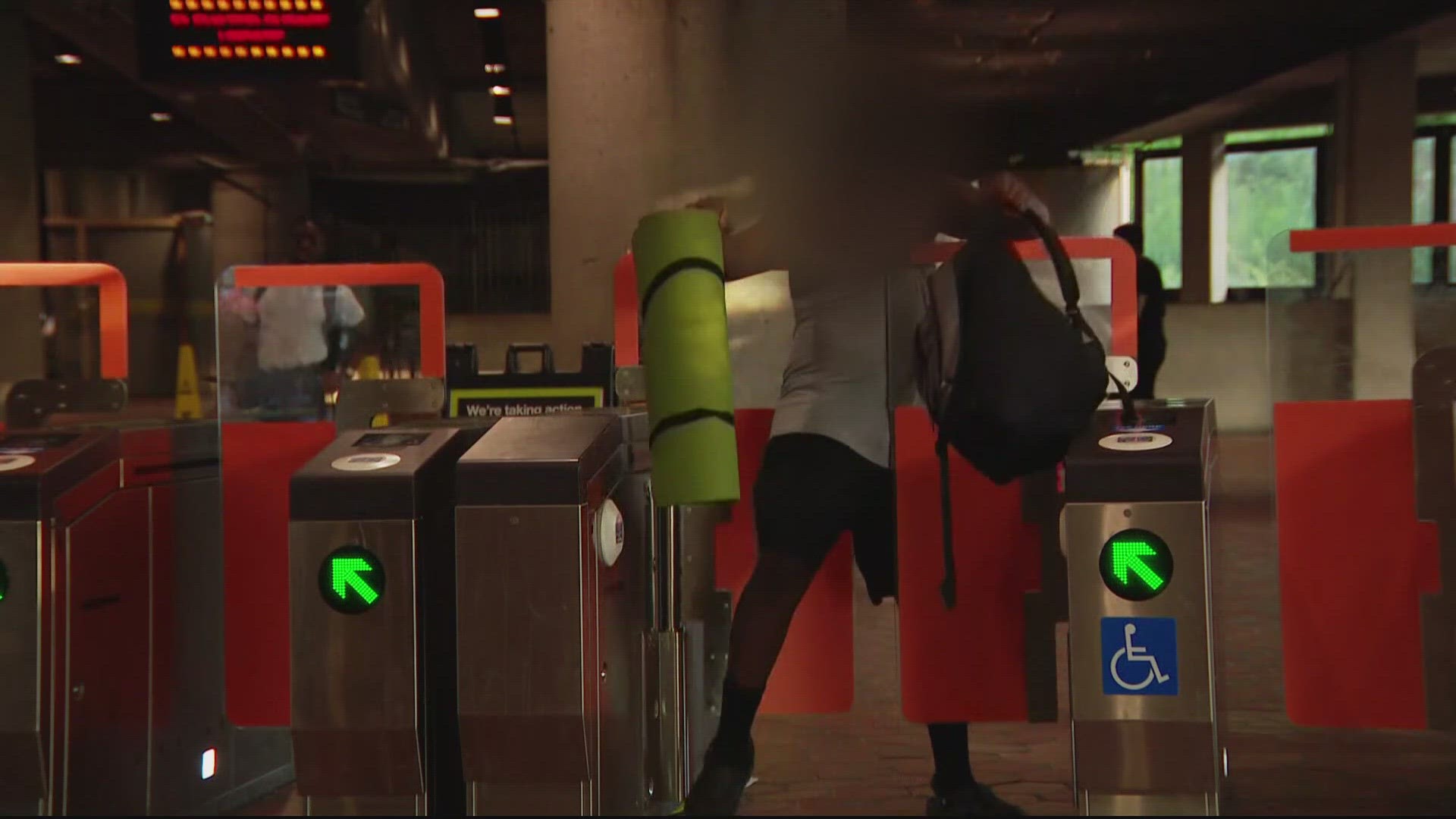
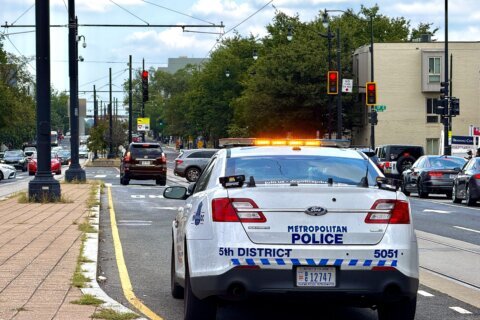
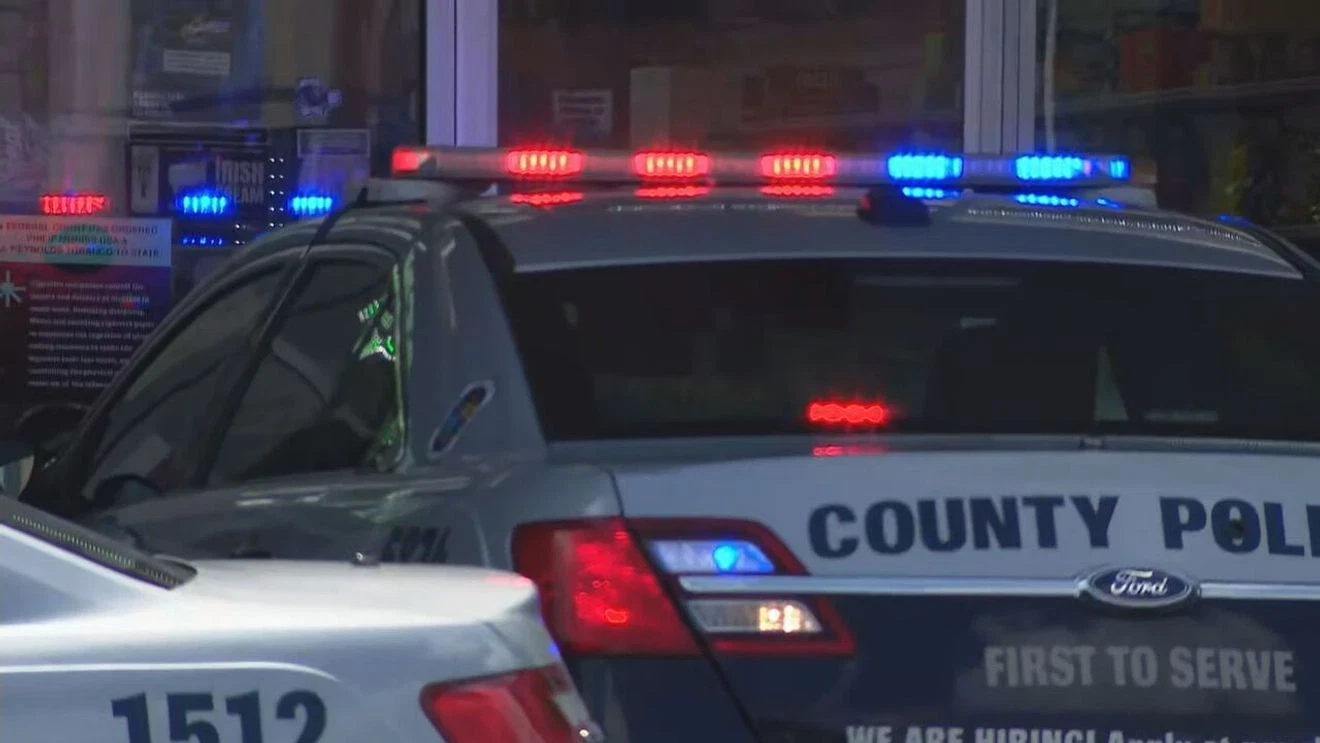
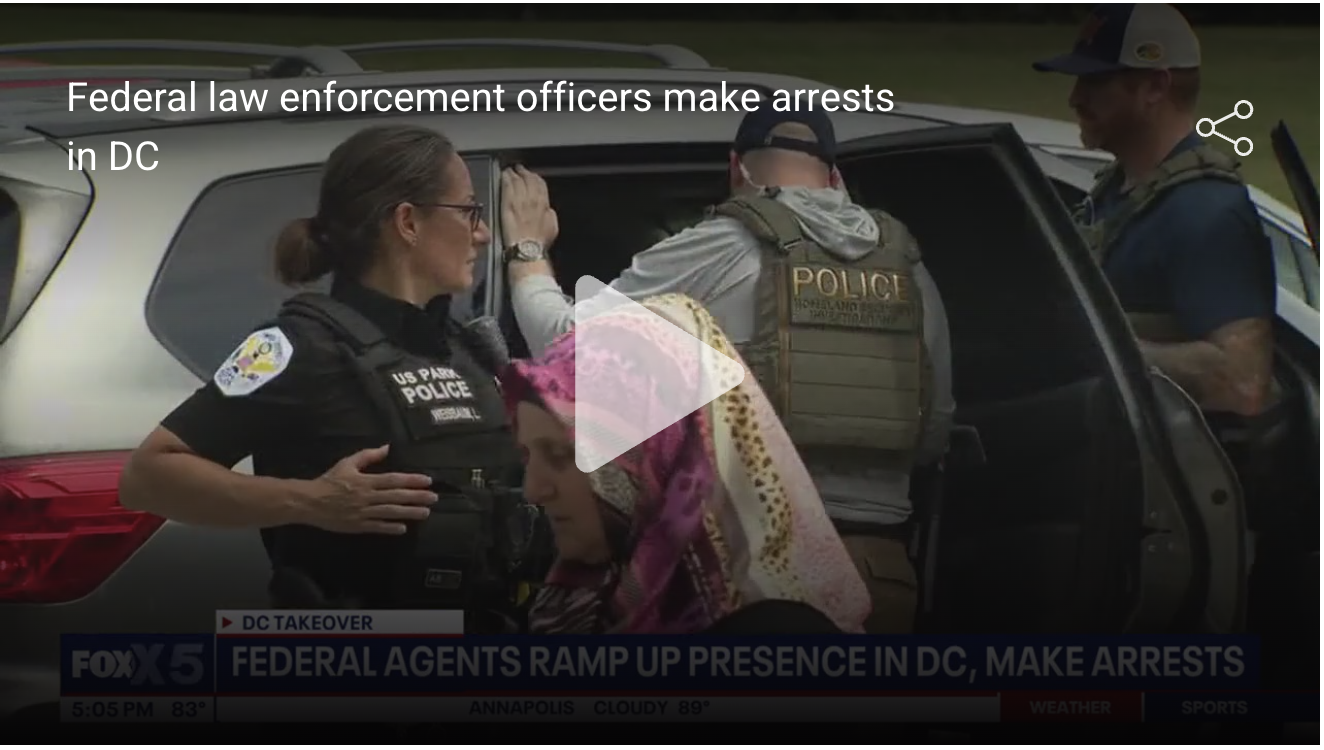
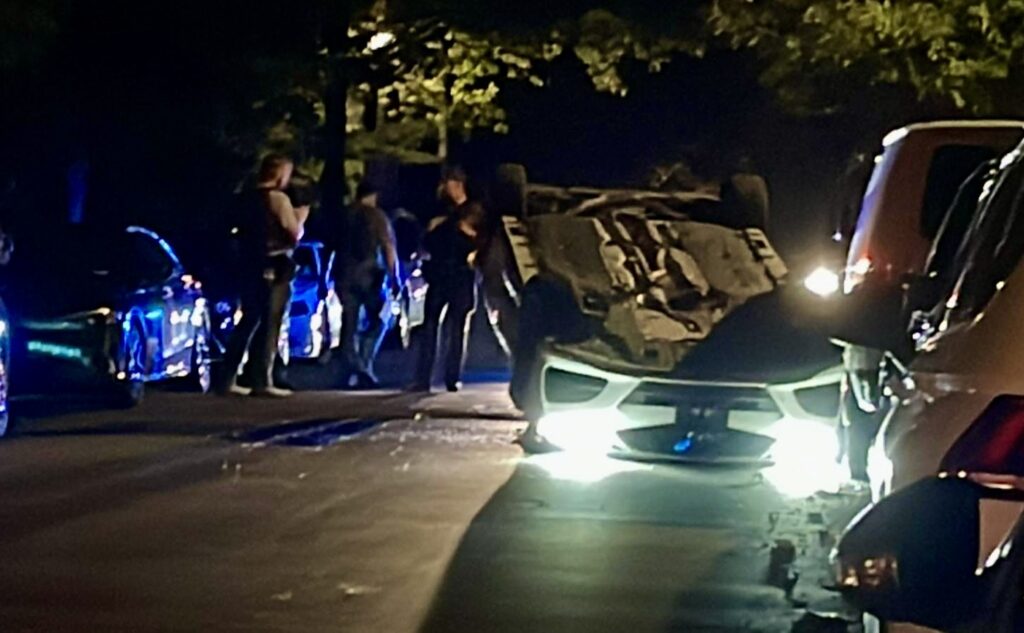
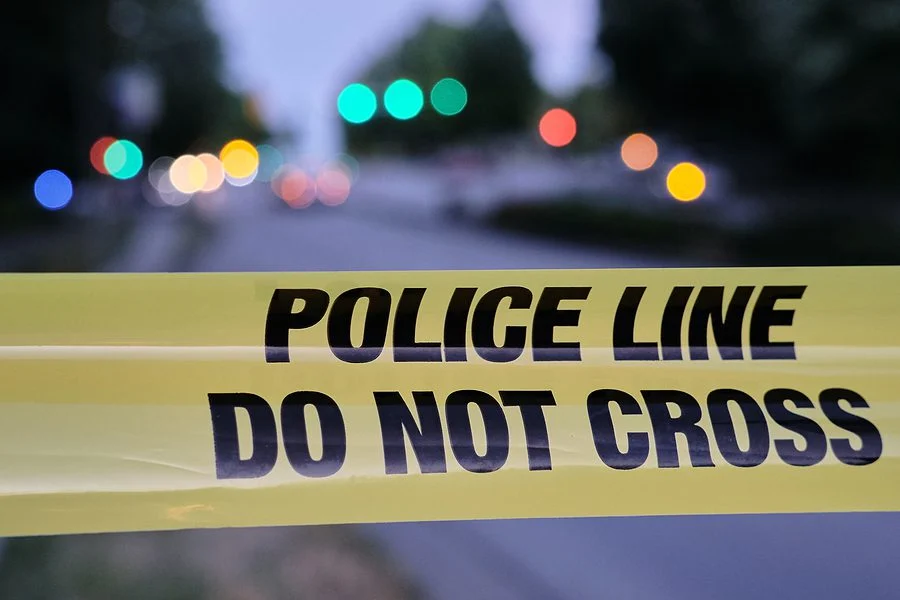
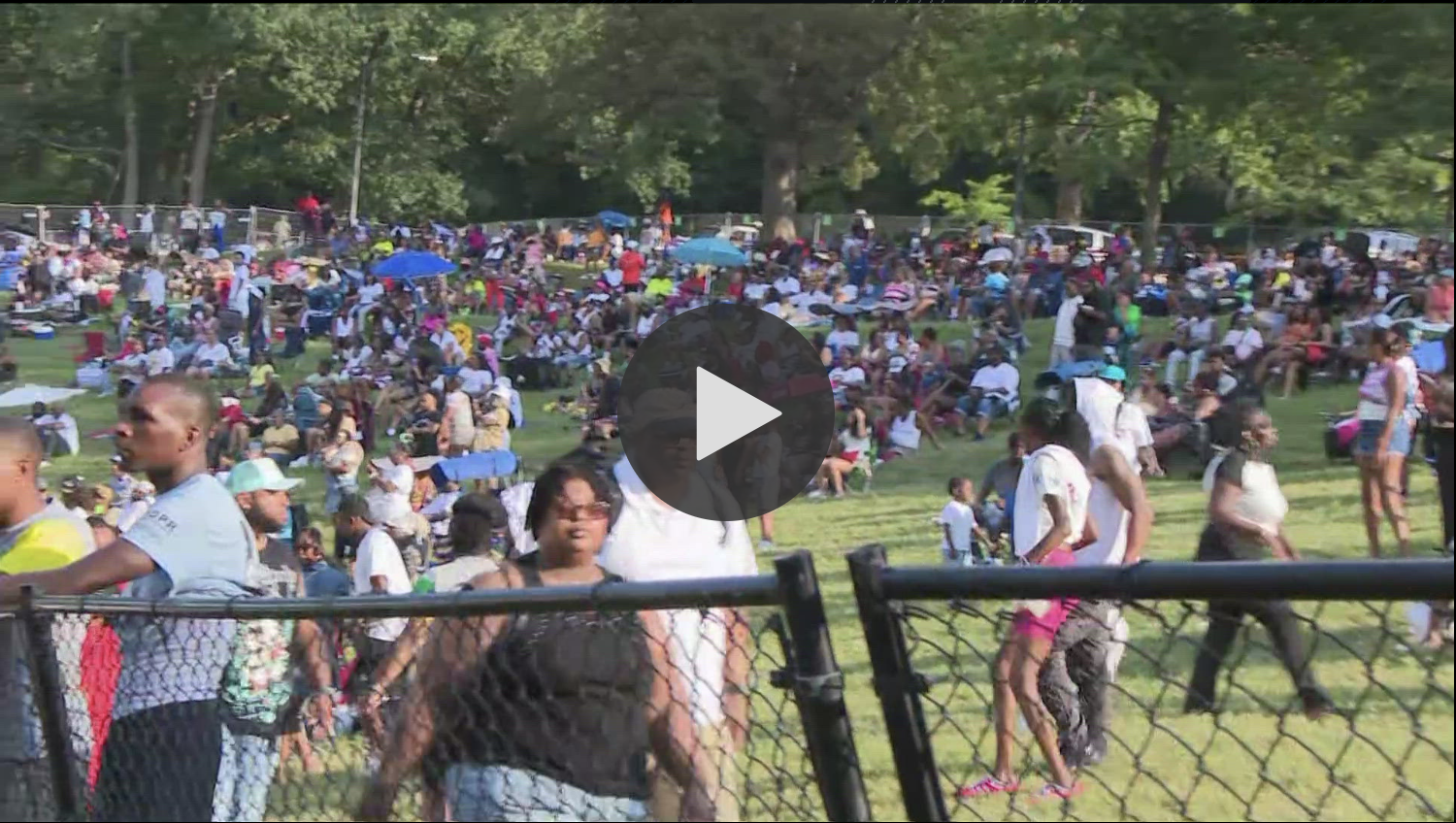
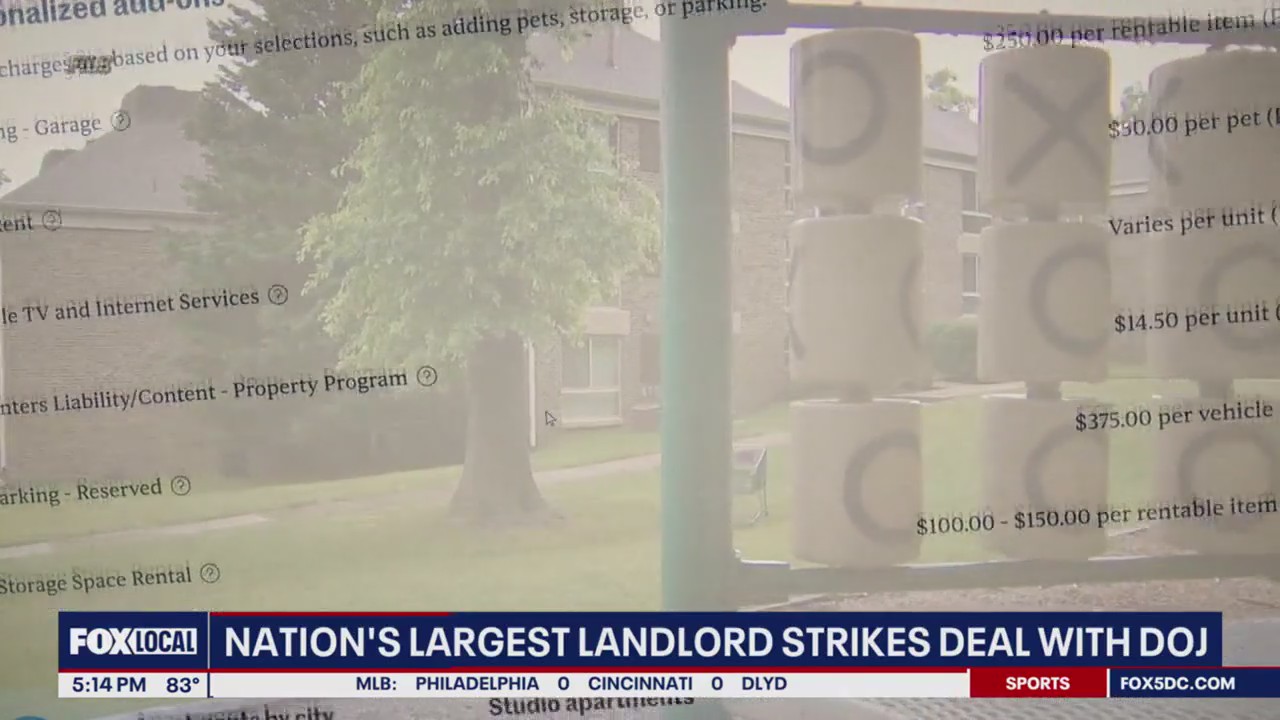
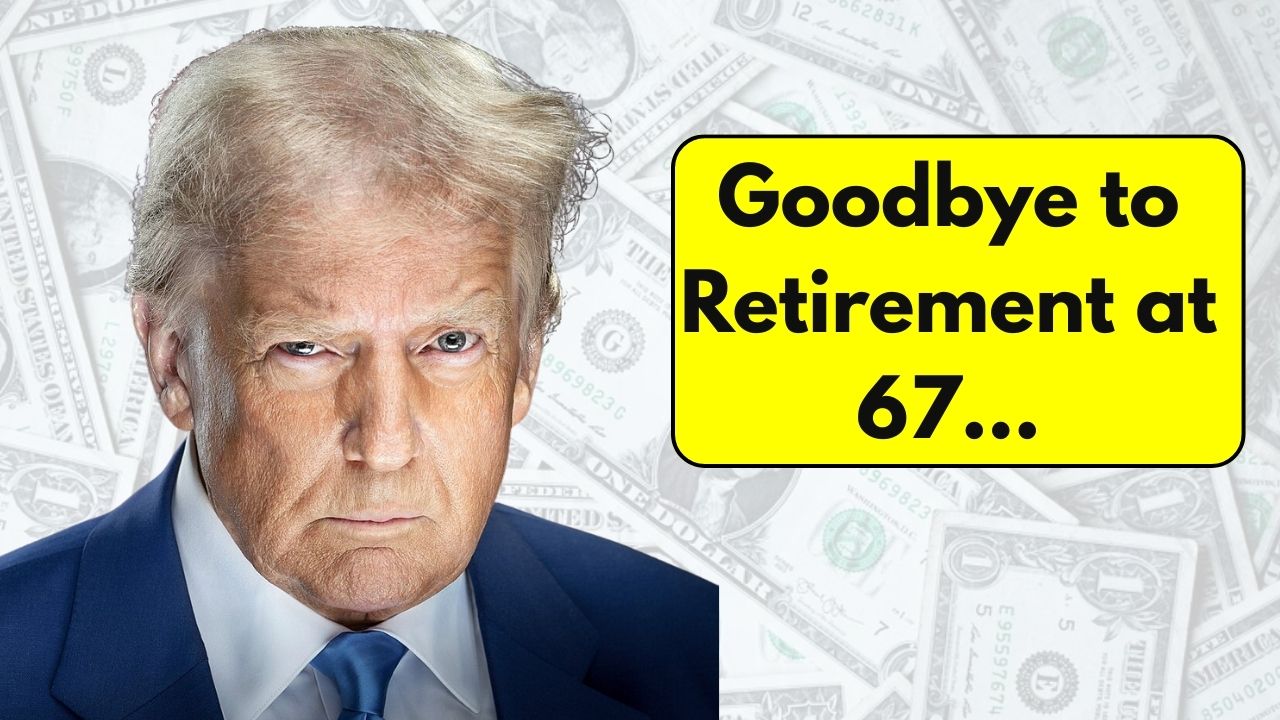
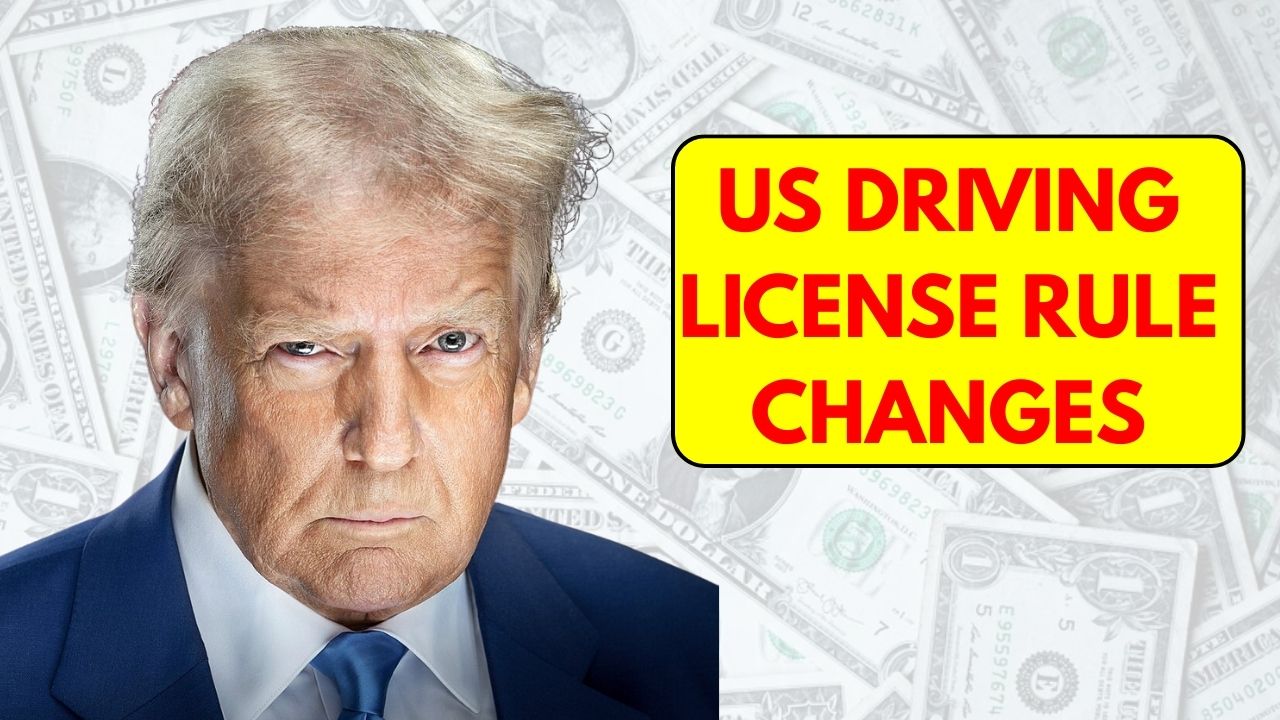
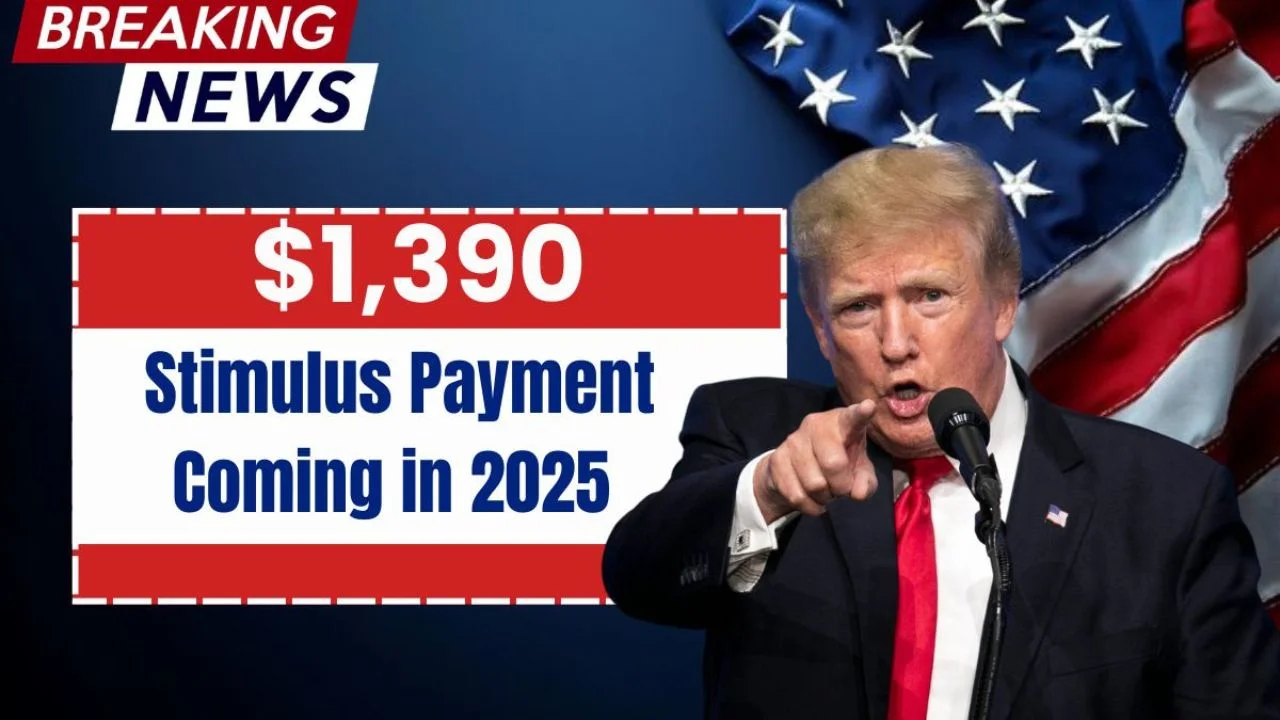
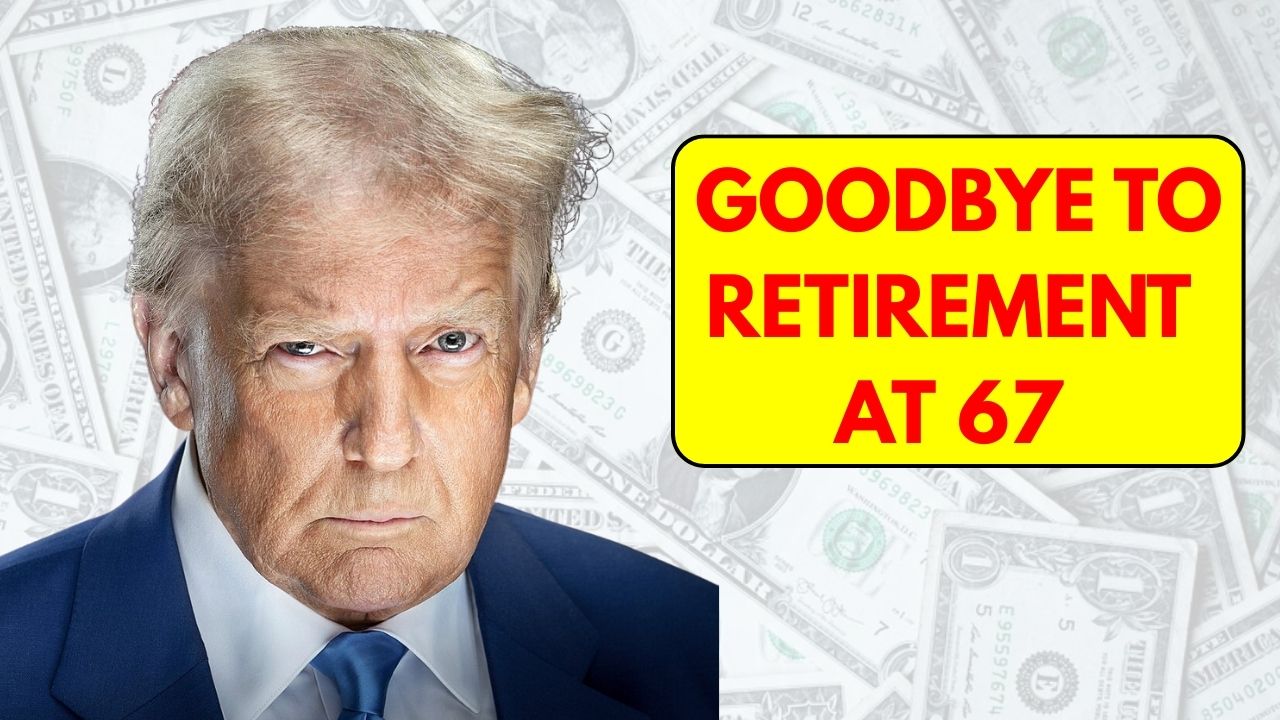

Leave a Reply